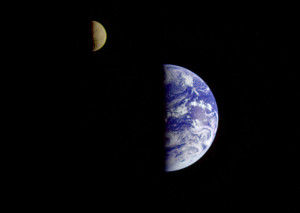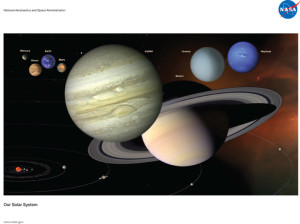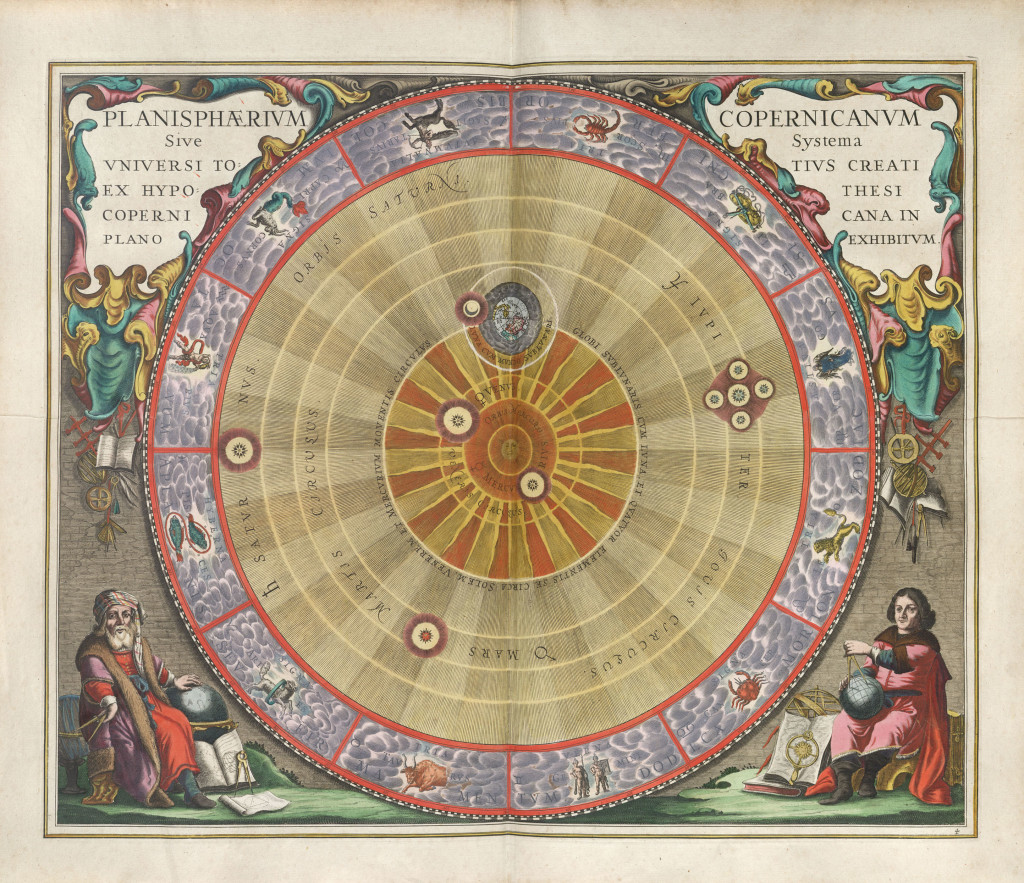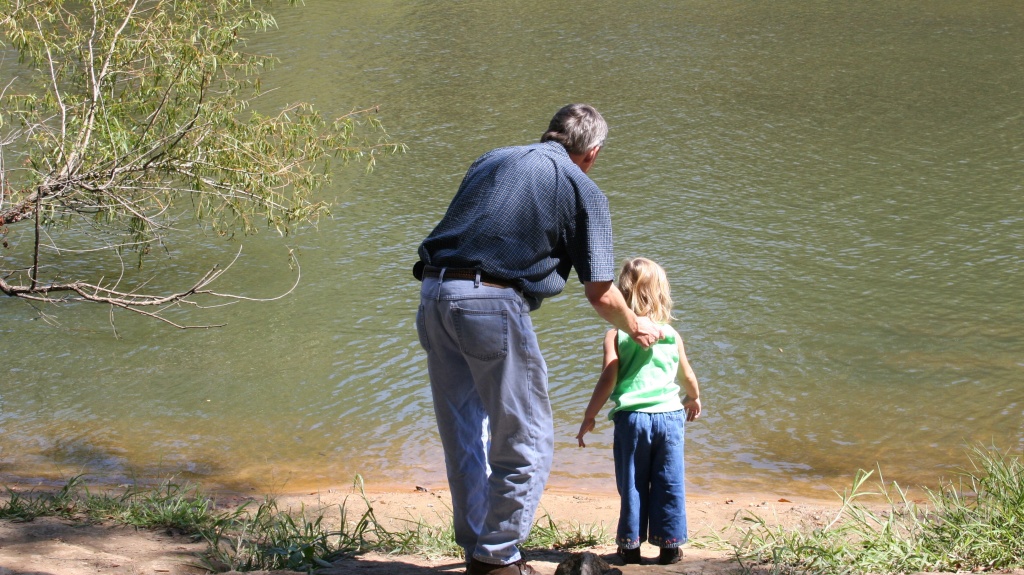Baptism of the Lord | Mark 1:4-11
Familiar Things
Lectionary Project
Familiar things are the hardest ones to see. We walk past them, overlook them, think we already know everything about them—how they look, what they mean, what they are going to tell us. But we don’t know them, not really. We only know what we think about them, which is not the same thing.
 There is a glass sun on a slender pole outside my front door. It is beautiful, a once blue glass disc with metal sunbursts, a face with a bemused smile on the glass. Days go by before I see that the disc of the face is turned in its frame, rotated so that it is looking at me sideways, napping. I do not know if it is the wind, or whether children come and move it, perhaps on a dare or to find out how long it will take me to notice. I seldom do. Perhaps it moves with the help of the birds, or somehow more mysterious. As I said, I often walk by without even seeing it.
There is a glass sun on a slender pole outside my front door. It is beautiful, a once blue glass disc with metal sunbursts, a face with a bemused smile on the glass. Days go by before I see that the disc of the face is turned in its frame, rotated so that it is looking at me sideways, napping. I do not know if it is the wind, or whether children come and move it, perhaps on a dare or to find out how long it will take me to notice. I seldom do. Perhaps it moves with the help of the birds, or somehow more mysterious. As I said, I often walk by without even seeing it.
I have an image in my mind of how that glass sun appears, a memory of it standing new in the corner of a shop, when my daughter was a toddler. Yet every time that I stop to look at it, I realize that it does not match the image in my mind. The color is different. The blue is more pale, or more green. The smile is less, or maybe more, friendly. I find that I do not know this sun so well as I may have thought.
John the Baptist again—the lectionary insists that we keep returning to the Gospels to read about him, even though we already know him. We already know God, for that matter, and the entire Christmas story. A child in a manger, angels singing, wise men, sheep and shepherds, we know them all.
And so we cannot see them.
We do not see our neighbor, because we know her, and if we stop to see the burden she is carrying we may have to lift some of it ourselves. We do not look for God, because we already know as much as we care to know, thank you. Seeing God would be life changing, and we are not that brave or that stupid. Why look in the mirror when the image we imagine is more pleasing?
to see the burden she is carrying we may have to lift some of it ourselves. We do not look for God, because we already know as much as we care to know, thank you. Seeing God would be life changing, and we are not that brave or that stupid. Why look in the mirror when the image we imagine is more pleasing?
Stating the obvious, that is what I am doing. We don’t care to hear it. We already know what it means, and we have all heard this sermon a hundred different ways, so why listen now?
“He saw the heavens torn apart and the Spirit descending like a dove upon him.” Was that John or Jesus who saw, and did the other one even notice? And the voice that came from heaven, who heard it? Who believes such a thing happened, or was it only a way of telling a story, a wrinkle in the Gospel narrative, and do we hear this voice at all? If I hear a voice, could it be God, or must it be my unconscious mind talking to me? How do I know the difference?
Anyway, how do you talk about God to people who are tired of listening? When did it happen that talking about God, or, God help you, the Bible, was the same as being intellectually insipid? Why are skeptics celebrated as insightful and brilliant, while those who are open to possibilities of the spirit considered dimwitted?
 If I can walk past a glass sun at my own front door and not see it, what makes me think I would notice God-things? We don’t see the things we know are there. Why would we ever see or hear the things that we may doubt? It is ironic—those who claim to know God do not look for what they think they already know, while those who deny the existence of God do not look for what they refuse to accept.
If I can walk past a glass sun at my own front door and not see it, what makes me think I would notice God-things? We don’t see the things we know are there. Why would we ever see or hear the things that we may doubt? It is ironic—those who claim to know God do not look for what they think they already know, while those who deny the existence of God do not look for what they refuse to accept.
It’s a wonder that anyone notices God at all. In fact, it’s a miracle.
Just look at the messengers. John the Baptist, preaching in the wilderness. An unlikely bunch of rough disciples. Women. Most of the New Testament written by a zealot claiming mystical experiences. More women. Prophets who wore strange clothes, or no clothes, or who otherwise exhibited odd and unusual behaviors, things that might indicate mushrooms were involved. Judging by all of these people, it seems that God does not speak through the mainstream. The people existing comfortably in the middle already know what they want to know, and they’ve heard all the voices they care to hear.
God is on the edges, witnessed by the fringe elements of the faith community. Remember, Jesus himself was an outsider, rejected and killed by the intelligentsia. It was only years later that he became a central, loved, and respected figure at the heart of what is now Christianity.
The world we think we know, the people we know too well to see, the truth we think we understand—these are what separate us from God. We fail to know God, not because God is far away, but because all that is holy is too close for us to see.












 Everything we’re told about it is junk compared to the seeing the real thing. It’s more than we imagined.
Everything we’re told about it is junk compared to the seeing the real thing. It’s more than we imagined.



